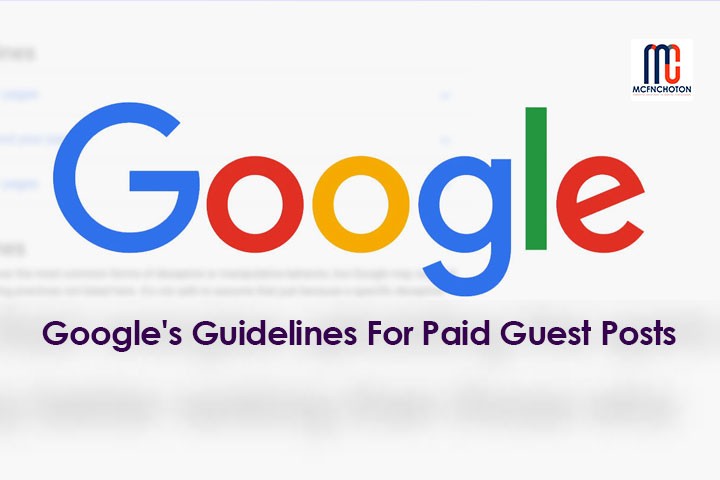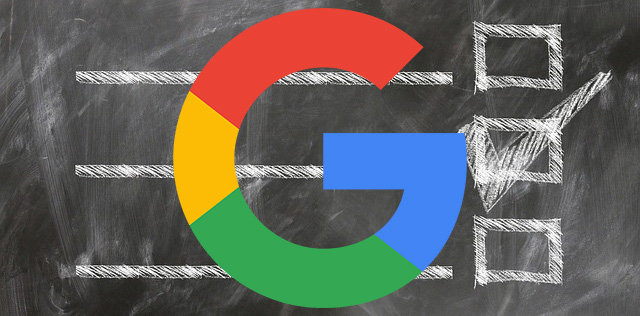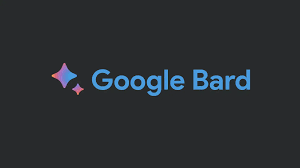Google’s Guidelines for Paid Guest Posts
In the world of SEO, guest posting has long been a controversial topic. The practice of publishing articles on other websites in exchange for a backlink to your own site has been widely debated and criticized over the years. Google’s stance on paid guest posts has evolved, and in this article, we’ll explore the right way to approach paid guest posts according to Google’s guidelines.
The History of Guest Posts
Before we delve into Google’s guidelines, let’s take a brief look at the history of guest posts. In 2014, Google’s former head of webspam, Matt Cutts, declared that guest blogging was essentially dead. This statement came as a response to the rampant abuse of guest posting as a link-building tactic. Many websites were accepting low-quality guest posts solely for the purpose of acquiring backlinks, which ultimately led to a decline in the quality of content on the internet.
In the face of this abuse, Google took action and penalized numerous guest blogging platforms as well as individual websites that were engaging in manipulative guest posting practices. The penalties aimed to discourage the exchange of paid or low-quality guest posts solely for the purpose of gaining backlinks.
The Current Stance on Paid Guest Posts
Fast forward to the present, Google’s guidelines on paid guest posts have become more nuanced. In a Google SEO Office Hours session, John Mueller, a Google Webmaster Trends Analyst, addressed the question of whether paying for guest posts is against Google’s guidelines. Mueller’s response shed light on the right way to approach paid guest posts.
Mueller emphasized that using guest posts for the sole purpose of acquiring backlinks is against Google’s spam policies. However, he also acknowledged that paid guest posts can still be valuable if they are treated as advertising and the links are appropriately marked with the rel=nofollow or rel=sponsored attributes. By utilizing these attributes, website owners can signal to search engines that the links should not influence search results.
Paid Guest Posts as Advertising
According to Mueller, paid guest posts should be considered a form of advertising rather than a link-building strategy. This distinction is crucial because, from Google’s perspective, paid guest posts are essentially advertisements. As such, they should adhere to the same labeling and disclosure requirements as other forms of advertising.
Failing to label paid guest posts as advertisements not only misleads readers but may also violate laws that regulate advertising practices. It is important to consult with legal professionals to ensure compliance with advertising regulations in your jurisdiction.
The Value of Paid Guest Posts
While paid guest posts should not be seen as a means to build links, they can still be a valuable advertising tool. By selecting reputable websites and providing high-quality, valuable content, you can effectively promote your brand or website to a wider audience. The key is to focus on the exposure and awareness benefits rather than solely relying on the link-building aspect.
When engaging in paid guest posting, it’s essential to prioritize the quality and relevance of the content. By creating compelling articles that resonate with the target audience of the publishing website, you can increase the chances of attracting genuine interest and traffic to your own site.
Conclusion
In conclusion, Google’s guidelines on paid guest posts have evolved over time. While the practice of using guest posts solely for the purpose of acquiring backlinks is against Google’s policies, paid guest posts can still be valuable if approached as a form of advertising. By appropriately marking the links with rel=nofollow or rel=sponsored attributes, website owners can signal to search engines that the links should not influence search results.
Paid guest posts should be considered a means of promoting your brand or website to a wider audience. Focus on creating high-quality, valuable content that resonates with the target audience to maximize the exposure and awareness benefits. Remember to adhere to advertising regulations and consult legal professionals if needed.




